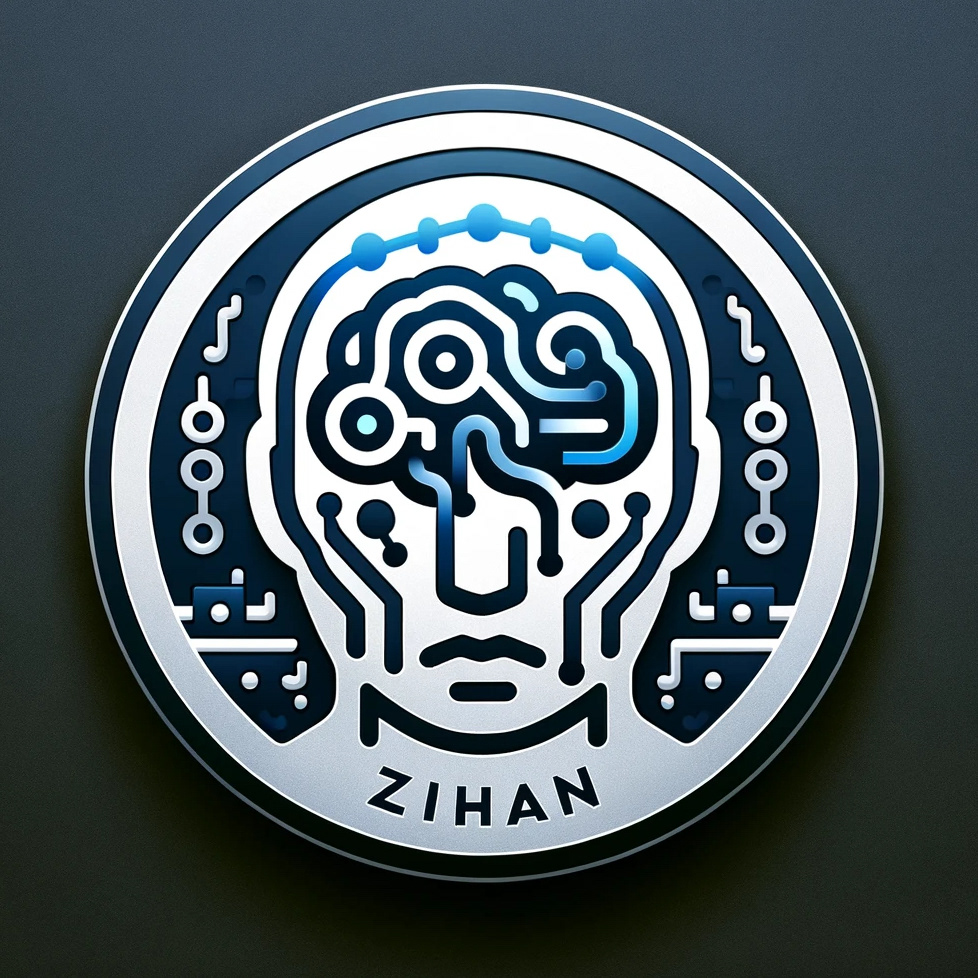the' Black Box'
Team work with Zeheng Wu, Zhe Zhang Imaging in the year 2050, the whole world comes from a giant 3D printer. all the buildings come from it. and people work for it to make the whole systems work. I chose Martin Luther King Jr. as my narrative character, instead of focusing on the space itself, by employing architecture as a sarcastic language of algorithmic responses to social inequities. Martin Luther King Jr. would declare in this fictional scenario, "I have a dream that one day we can all live in a decent house." From a dystopian perspective, the fusion of the digital and physical generated an unsettled relationship between a person and their environment. I used the algorithm to increase the prejudice in order to enhance the irony. I viewed the house, which was manufactured by massive 3D printers, as a commodity in an algorithm-driven society. People benefit from technological advancement's convenience while also suffering from its fundamental weaknesses. For example, if the algorithm is ruthless, it will produce an autonomous distribution masking the true conflict between the upper and bottom classes. Worse yet, the program would capture and reinforce the erroneous allocating mechanism, repeatedly iterating on it. The impoverished, particularly the bulk of low-income black people, would invariably inherit the shabbiest housing, acquiring the moniker of low-income category and becoming a source of societal instability. The living place becomes a malignant symbol, acting not just as a sculpture for the elite class but also as a stigmatizing label for the lower classes. Rather than improving the original distribution system, technology in this world hastens the spread of hatred. By tying the fictional project to the real-world Black Lives Matter movement, I transformed it into a translation of layers of black history. Martin Luther King would continue to lead the black revolution, and the legendary speech would endure. This investigation examined the prevalent value of absolute equality. This ridiculousness demonstrates that the issue is not with technology, but with the prejudices and misjudgments ingrained in people's minds.
